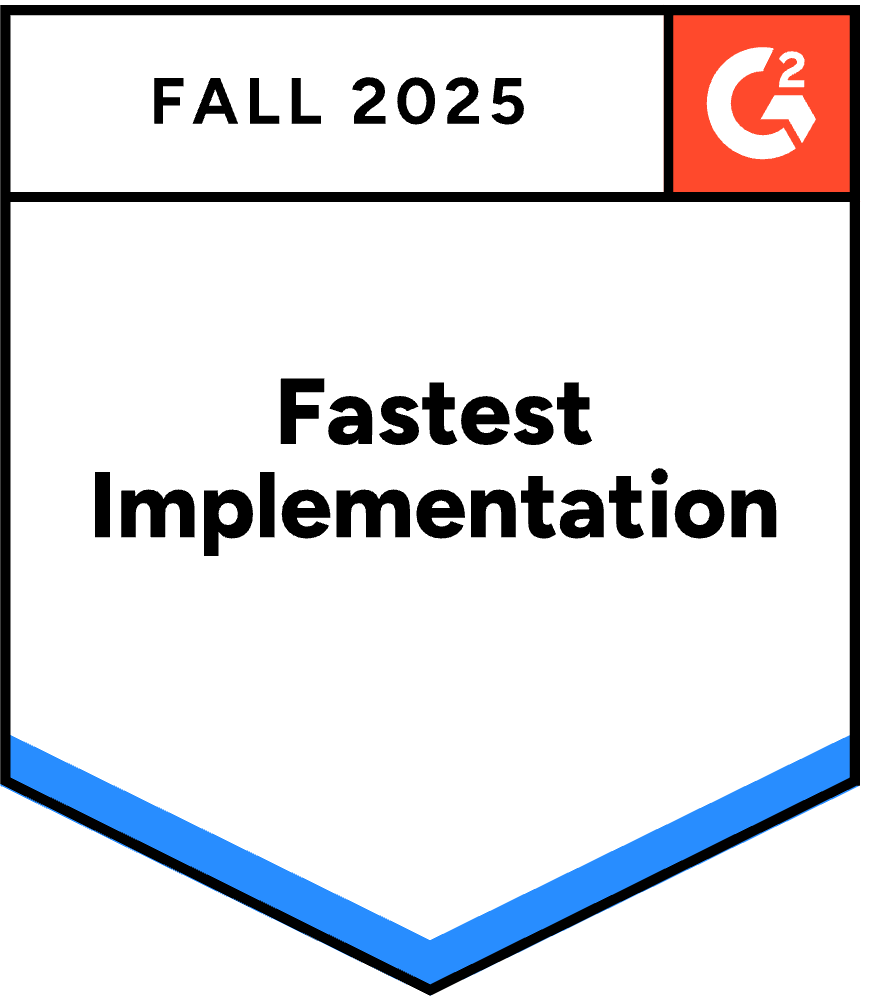[vc_row][vc_column][vc_column_text]
FusionReactor is able to track asynchronous requests made with several different libraries, examples of which include:
- Redisson
- MongoDB
- Kafka Java Clients
- OkHttp
- Apache HttpClient
[/vc_column_text][us_separator size=”small”][vc_column_text]
How FusionReactor Displays this Information
The response to the asynchronous request is tracked with ‘Callback’ as the subflavour. This is attached as a linked transaction (indicated by the small linked chain icon) and can be viewed by clicking the drop down arrow on the request transaction. The callback transaction is also posted to the history list as a Root Transaction.
Some important things to note with asynchronous transactions:
- The callback may be attached to the request after the request has already finished
- The callback is usually tracked on a different thread than the request
- The actual time taken to perform the request is tracked on the response
[/vc_column_text][us_separator size=”small”][us_image image=”57636″][us_separator size=”small”][vc_column_text]
An example of asynchronous transactions in FusionReactor. This is a Redis GET command using the Redisson Java Client, triggered by a WebRequest to a JSP file.
[/vc_column_text][/vc_column][/vc_row]










